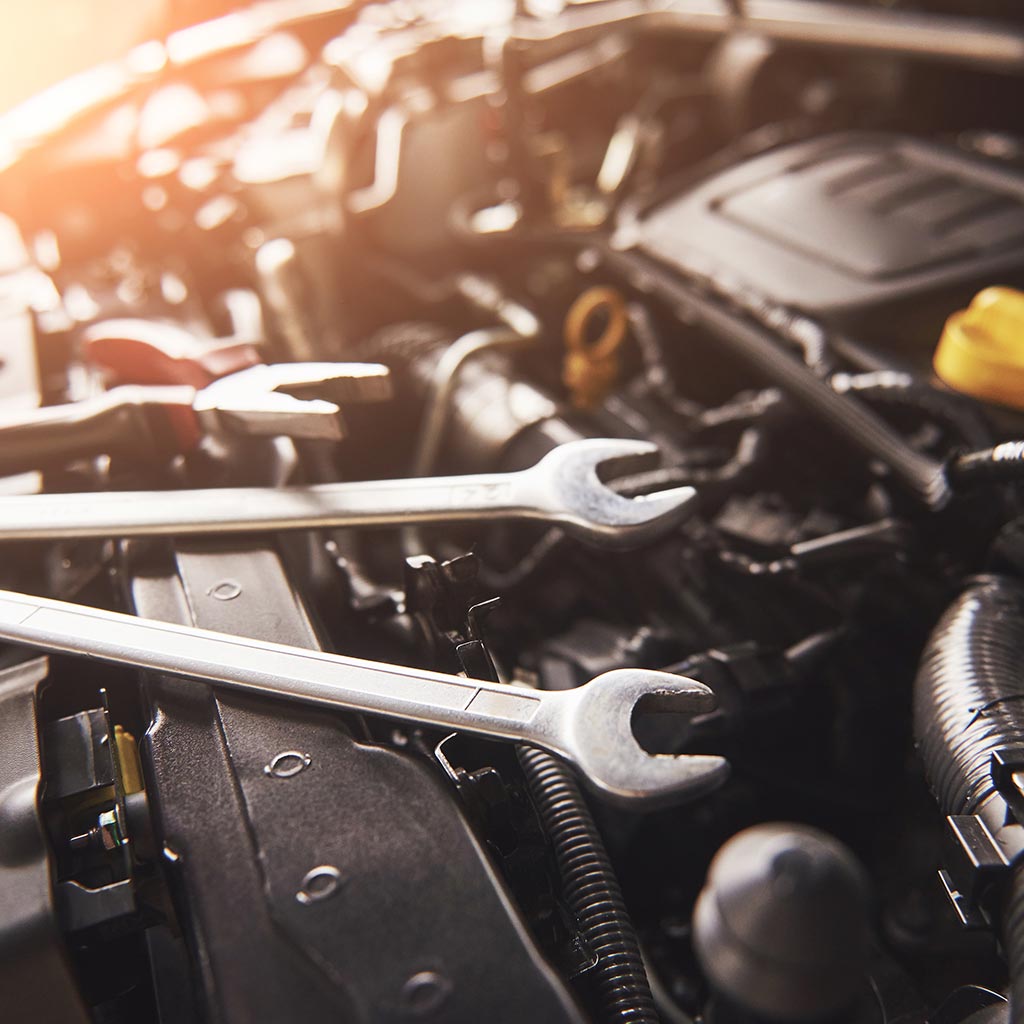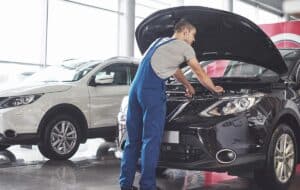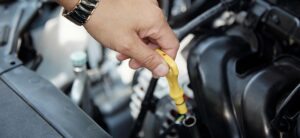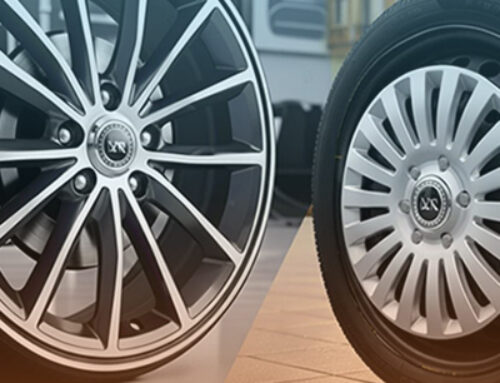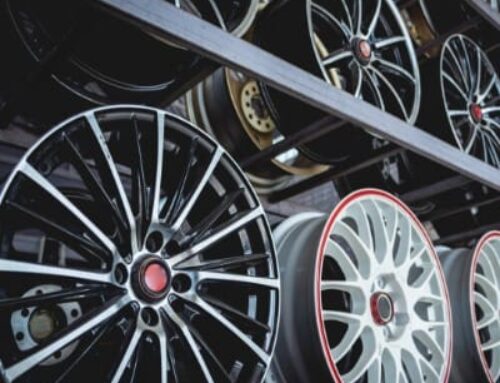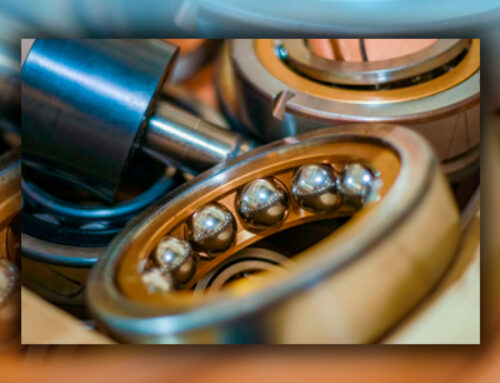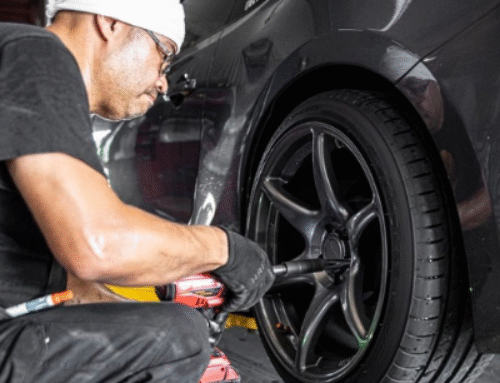Tips to keep your car in good condition
We know that taking your car to the mechanic can be expensive. Even more so if you take it constantly.
That’s why knowing some tips to keep your car in good shape can bring several benefits. Among these of course is avoiding unnecessary trips to the mechanic.
At Wheels Doctor we care about your safety, your well-being, and your pocket, so we bring you these incredible tips that will help you extend the life of your car, avoid unnecessary trips to the mechanic, and at the same time will make your pocket happy.
First: Brake fluid.
Brake fluid exerts hydraulic pressure on your brakes.
If your brake fluid is not in good condition it can become saturated with water which causes it to heat up during the braking process.
Air bubbles would be created in the hydraulic system and the braking efficiency would be compromised.
Therefore, we recommend checking your car’s brake fluid periodically, approximately once a month or every 2 months, to verify that there is no water saturation.
This can be done directly without the need for a mechanic.
Second: Air conditioning.
As a precaution, regardless of the weather, you should use the air conditioning at least once a week for at least 2 to 5 minutes.
This will circulate the oil to the compressor and the equipment will stay lubricated avoiding future failures.
Third: Antifreeze.
With the use of the vehicle, the antifreeze fluid loses its main properties due to temperature variations and changes in state.
By replacing it, you ensure that cooling is maintained at the correct temperature for optimum engine performance.
It also regulates the effects of boiling, freezing, and corrosion.
Remember that each replacement of the coolant requires a flush and a bleed.
Fourth: Engine.
This must be clean of dust and grease, so it is advisable and necessary to wash it periodically.
Try to wash it at a time when you know you will not use your car for at least 2 days, since it must dry perfectly.
Otherwise, water will remain in the engine and when you start it, it will cause irreparable damage.
And lastly: Oil Change.
The oil loses the properties that allow it to lubricate and keep the engine clean.
Depending on the car you have, the time needed for the oil change may vary. However, there is an approximate average: every 5,000 km.
At the time of changing it, it is necessary to replace the oil filter. If this is not done, the oil filter may become saturated due to accumulated impurities.
As a consequence, contaminated oil can circulate, which can damage moving parts.
Frequently Asked Questions (FAQs)
✅ How often should I service my car?
➡️ Most vehicles need a full service every 6 to 12 months or every 5,000–10,000 miles, depending on the manufacturer. Regular servicing helps identify problems early and prevents costly repairs.
✅ What are the most important fluids to check in a car?
➡️ You should regularly check engine oil, brake fluid, coolant/antifreeze, transmission fluid, and power steering fluid. Keeping these at proper levels protects essential components.
✅ How often should I change my engine oil?
➡️ Although it varies by vehicle, a general rule is every 5,000 km (or 3,000 miles). Synthetic oil may last longer. Always replace the oil filter every time you change the oil.
✅ Why does my air conditioning stop cooling properly?
➡️ This usually happens because of low refrigerant, compressor issues, or lack of regular use. Running your A/C weekly—even in winter—helps lubricate the system and prevent failures.
✅ How do I know when my brake fluid needs to be replaced?
➡️ If the brake pedal feels soft, braking takes longer, or the fluid looks dark, it’s time for service. Usually, brake fluid should be replaced every 1–2 years depending on driving conditions.
✅ Is it necessary to wash the engine?
➡️ Yes. Cleaning the engine helps prevent dirt, dust, and grease buildup that can cause overheating or damage. However, it must be done carefully and the engine must dry completely before use to avoid electrical problems.
At Wheels Doctor, we know how important it is to keep your vehicle in top shape. That’s why we offer expert wheel repair, rim straightening, and full reconditioning services. Our experienced team works with all types of cars and uses advanced technology to ensure your vehicle stays safe, reliable, and performing at its best.

